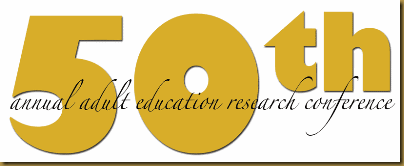A frame (Snow and Benford) is a “schema of interpretation” – a way of explaining the society around us. An example of a social frame is a school (children, flag outside, etc.). These are socially constructed. Frame alignment is when people agree on social frames and then these people move forward with social movements. This can be spoken as an issue is constructed as an issue of some sort or another. These frames can be grass-roots or top-down. Framing situations use language based on how an issue is perceived / constructed. Frame bridging is when certain ideologically congruent but structurally unconnected frames are linked. Frame amplification is when something is focused upon, and how this framing is used politically by whomever is empowering the framing. Frame extension is when an adherent pool of the movement is now being partnered with various values—these can implode on themselves. Frame transformation is an alteration of the frames.
These deal with how people use socially constructed frames to push forward some issue or another.
Frame processes that can be used with educational perspectives:
- frame bridging
- frame amplification
- frame extension
- frame transformation
From these four frame alignment processes, how can educators use them to help move education forward as a political agenda? How can these processes be used? How does power maintain itself? One way about this is by showing how opposing frames can be ridiculous, causing it to implore.
It is interesting how these framing issues have turned into a larger discussion about how various issues within professional organizations. The issue about using various keywords that may or may not be exclusionary was discussed.
